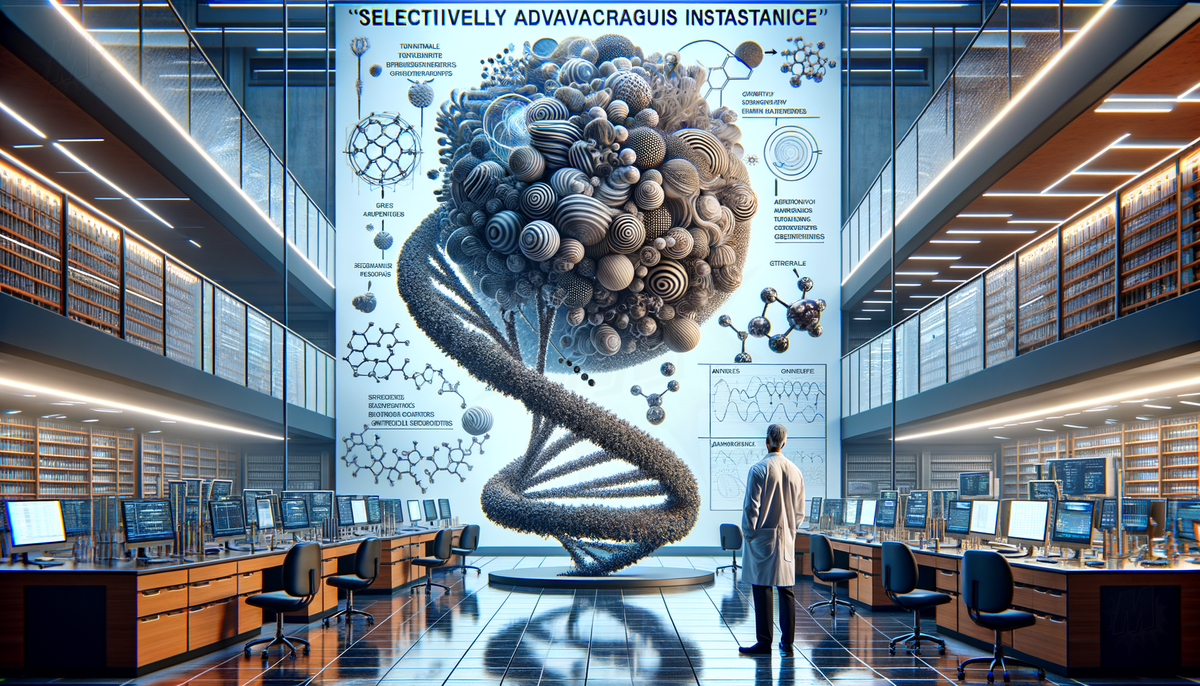New Biological Rule Offers Clues to Aging and Evolution Evolution

John Tower, a molecular biologist at USC Dornsife College of Letters, Arts and Sciences, has proposed a new concept within the field of biology, termed "selectively advantageous instability" (SAI). This rule challenges the traditional view that biological organisms prefer stability, suggesting instead that a certain degree of instability in biological components may be beneficial. According to Tower's research, this instability could allow for the rapid recycling of cellular components, thereby creating genetic diversity and increasing adaptability to environmental changes.
SAI is believed to play a crucial role in both evolution and the aging process. While it can contribute to the adaptability and survival of cells by allowing normal and mutated genes to coexist, it also implies a trade-off with the potential to accelerate aging. The constant turnover of cellular components involves significant energy and material use, which could lead to wear and tear on cellular machinery over time.
Furthermore, Tower's findings resonate with other scientific studies that suggest limits on the speed of biological evolution, linking population variability to evolutionary rates. These studies also utilize the Price equation and Fisher information to describe the changes in biological traits and their impact on evolution. Additionally, in the context of lifestyle and aging, the American Heart Association has emphasized the importance of certain habits that could slow biological aging, such as exercise and healthy eating, which may intersect with the biological principles of SAI by affecting the rate of cellular turnover and maintenance of biological systems.




